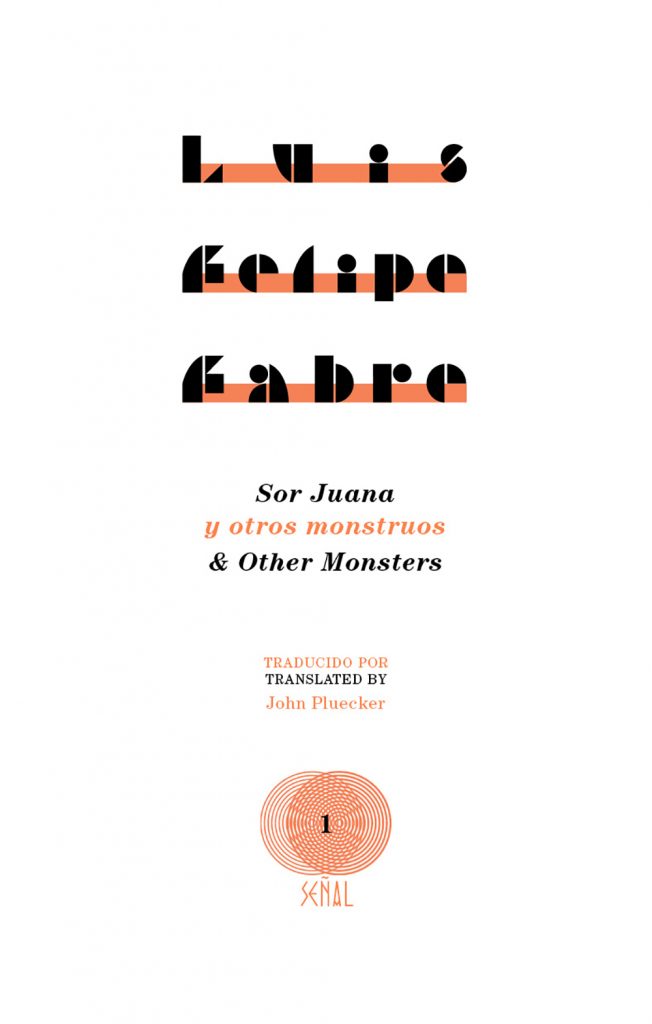Sor Juana scholars publish articles, essays, papers, rebuttal letters
in specialized magazines, on personal blogs, in the proceedings
from conferences that they themselves organize in order to differ with what other Sor Juana scholars say.
Sor Juana scholars are very busy people.
Sor Juana scholars are very strange people.
Sor Juana scholars tend to have their own separate cubicles.
But even among Sor Juana scholars,
whose essential task is to differ with other Sor Juana scholars,
there are some points of convergence:
almost none:
one:
all Sor Juana scholars concur that Sor Juana was a monster.
